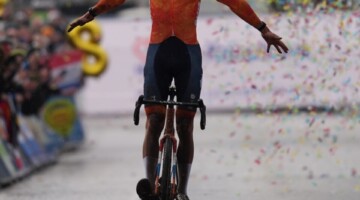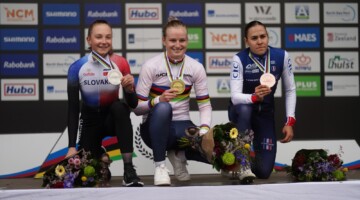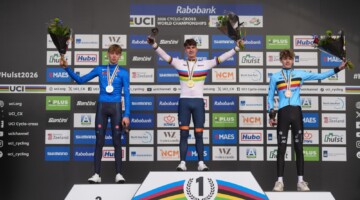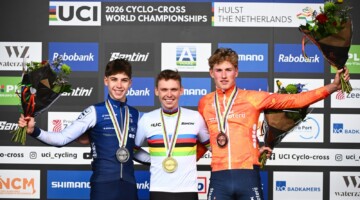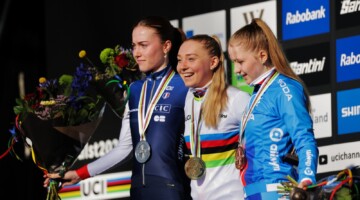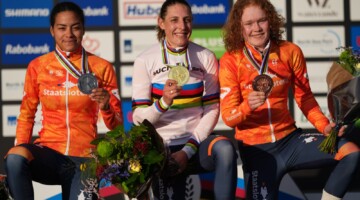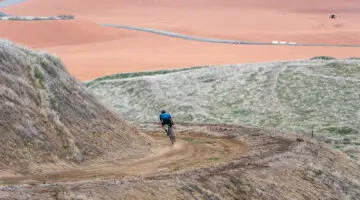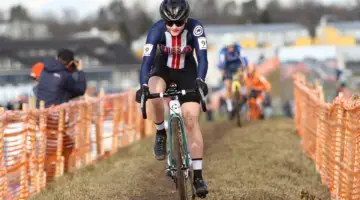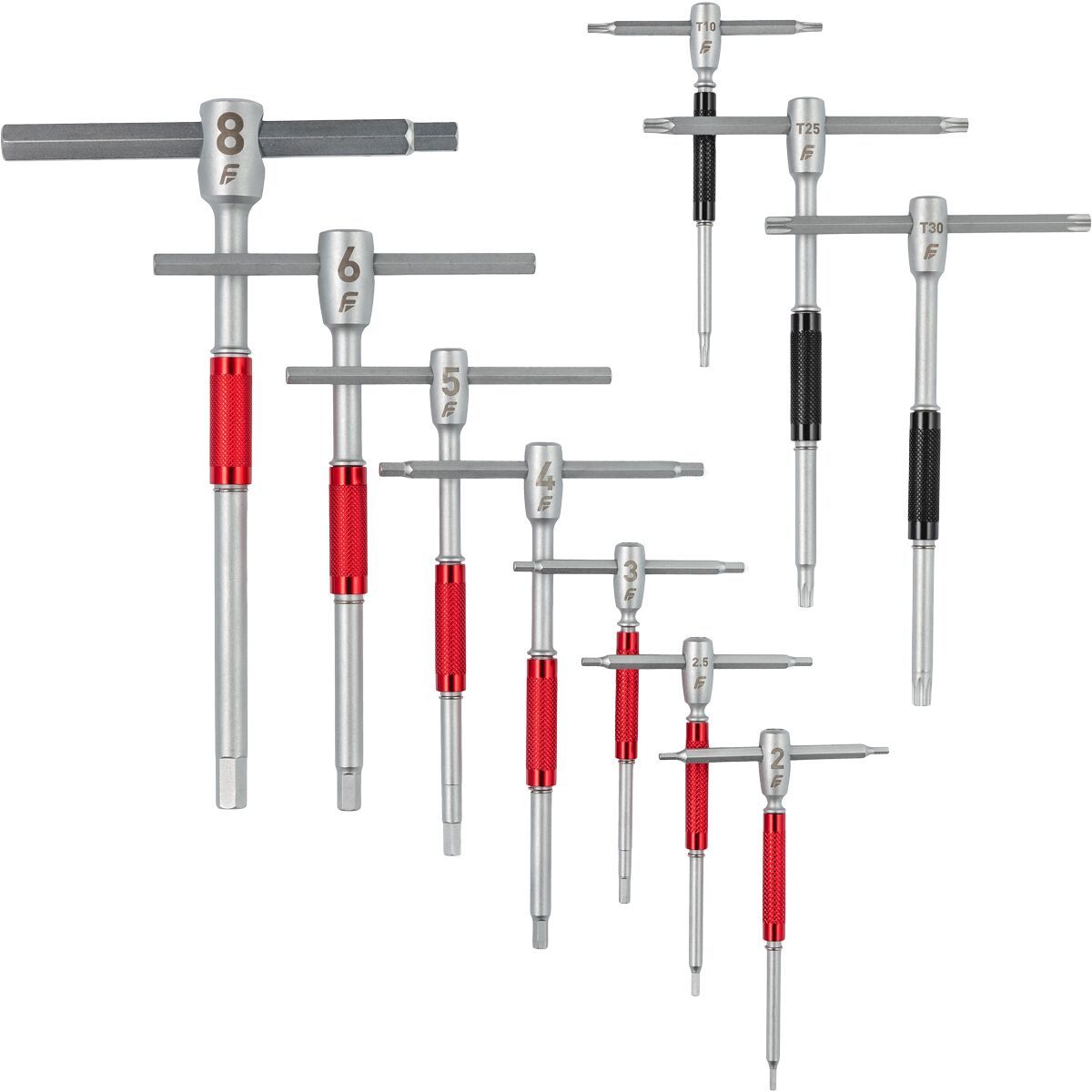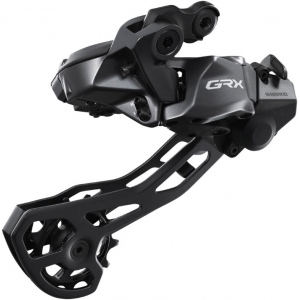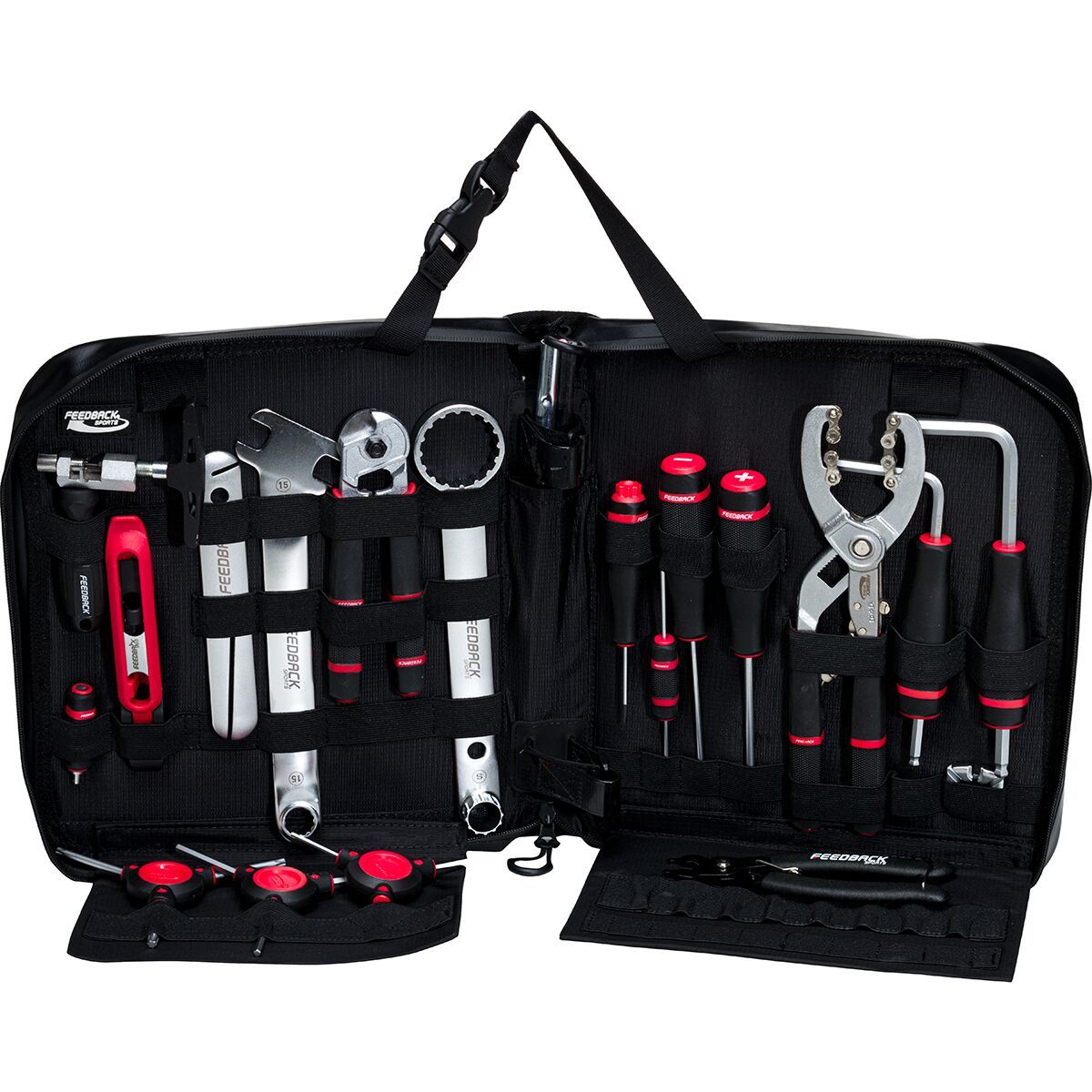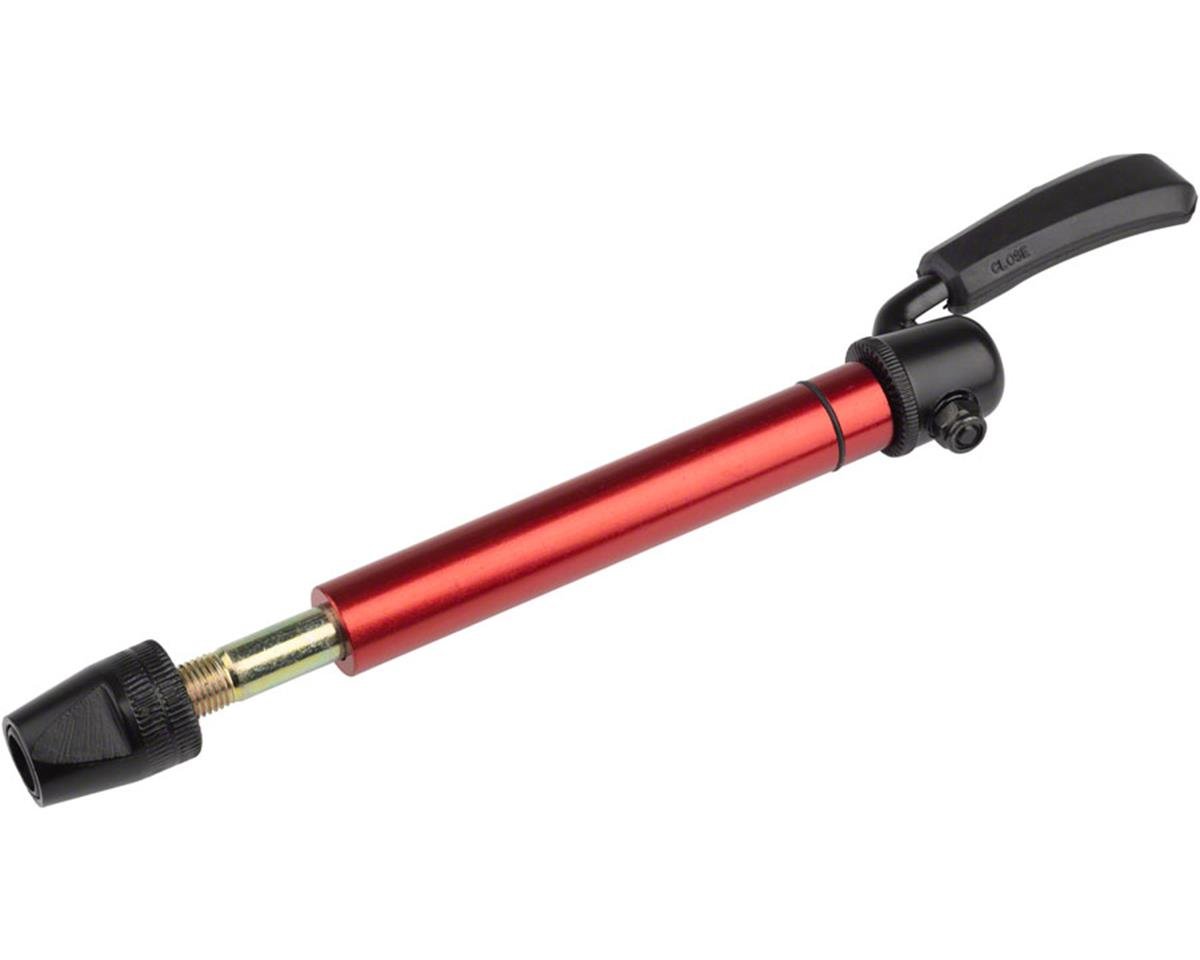Lee Waldman is back with another thought-provoking column about racing, training and staying safe during this unique time.
While Colorado’s Without Limits Productions is hosting a popular cyclocross series, and American pros have flown to Europe to find UCI racing and mechanically-inclined cuddle contacts, Waldman explains his personal choice to avoid racing this fall.
Enjoy the read, and stay safe.
Just a disclaimer before I begin. The opinions expressed in this piece are mine. They are not meant to reflect the feelings of Cyclocross Magazine.
It’s been a long and sad cyclocross season for those of us who made the choice to refrain from racing this year. As you know if you’ve been reading my columns over the past years, that I have a history as a rider and as a promoter. In both roles I struggled with the decision to not only not race, but to not promote this season as well. It took weeks of soul searching to finally come to that decision. When I did, it felt as if a weight was lifted. It wasn’t easy, nor was I happy with it. I struggled mightily at the beginning. Over time it’s gotten easier. I’m hoping that my sharing my thoughts and my process might make it a bit easier for those of you who chose to walk the same path that I’m walking.
I have a friend, Paul LaStayo, a truly accomplished ’cross racer, who lives in Utah. He sent me an email over a month ago hoping that I could talk him off the ledge and shed some light on the decision that he struggled with. Like me, Paul was on the fence as to whether to throw caution to the winds and race, or take the season off. It was a bit more complicated for him. You see, he had just recovered from Covid 19. What was I doing, he wondered. And why.
I shared with him my decision, my process of getting to that decision and the struggles that I went through to finally be able to say goodbye to the 2020-21 cyclocross season. I told him how long I’d held out in the hopes that the pandemic would abate and I’d feel safe lining up to race. And I shared the conversation that finally turned me towards holding off. It was when a friend explained to me that just because I could do something, didn’t mean that I should.
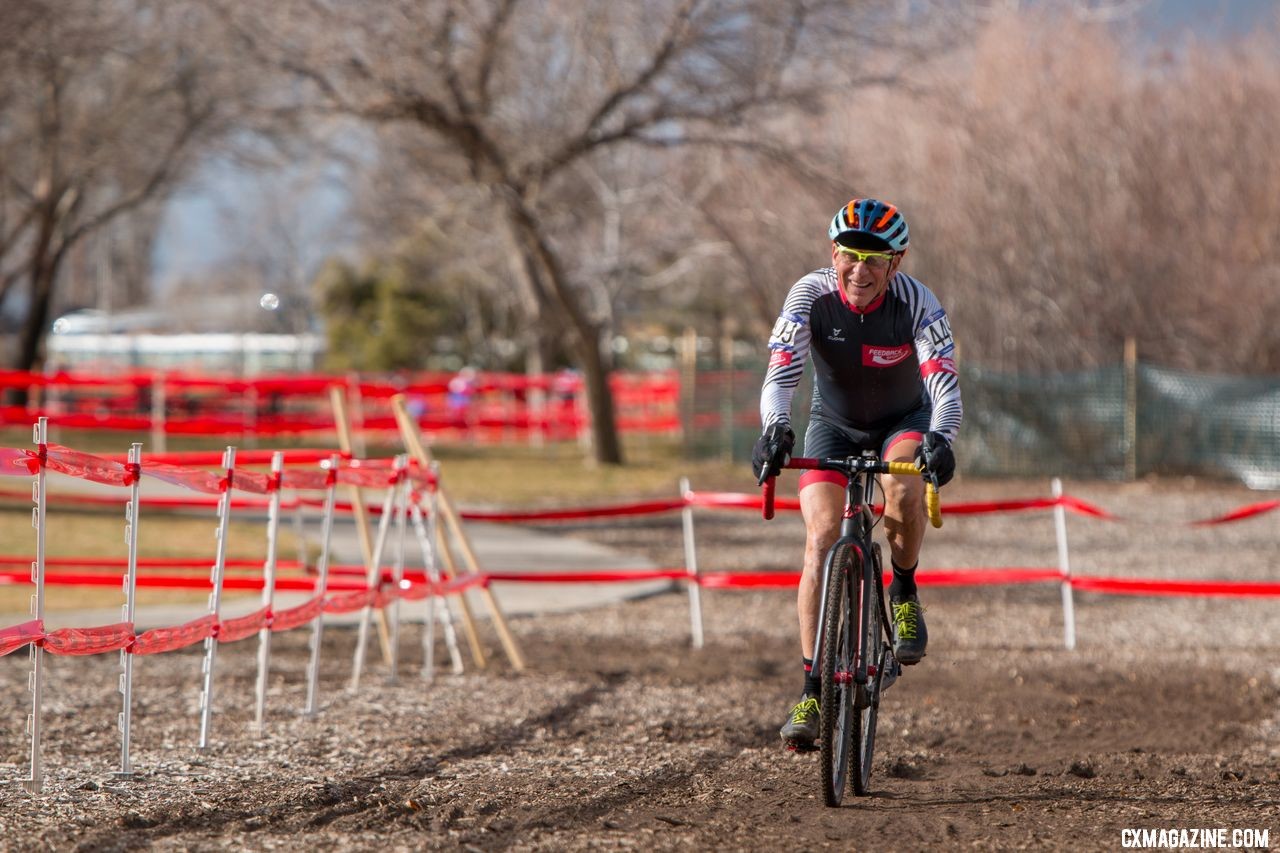
CXM contributor Lee Waldman has put his 2020 cyclocross goals below his community health priorities this season. photo: 2018 Cyclocross National Championships. © A. Yee / Cyclocross Magazine
So, what do I do now that I’ve finally made the iron-clad decision to forgo racing cyclocross this year? There are still a handful of local Colorado races that haven’t been canceled. I actually found myself considering whether it was worth riding them in hopes of going to Nationals. But then common sense prevailed and I decided against it. It bears repeating, simply because you can do something, does that mean that you should? This decision raises all sorts of interesting questions having to do with identity.
We all own multiple identities. We’re parents, grandparents, partners, professionals. We identify by, dare I say it, political affiliation and we also identify ourselves as athletes. This is where the struggle rears its head for me. If I’m not racing, can I still call myself an athlete? Is living an athlete’s lifestyle enough? Do I have to toe the line in competition and turn my pedals in anger to truly label myself an athlete? And the biggest question of all, if I can’t, then who am I?
In this era of pandemics, social upheaval, economic crisis, the way I view myself doesn’t seem to be high on the list of priorities. But the issue bears exploring. What does it mean to be an athlete? I remember exploring this topic a few years ago, but our current situation is causing me to explore it again.
If the athlete identity means living the lifestyle, then I can safely identify that way. I still train every day. Why? For the quality of life that it gives me; to still be vibrant for the important people in my life; for sanity in this incredibly crazy time. I train simply because, to be honest, I love to train. I used to say that if I were suddenly faced with not being able to race, I’d still train the same way, because I love the process. Well, the Universe has given me the opportunity to walk my talk. So far it seems to be working. Jacob, my coach, sends me my workout calendar. For the most part, I follow it willingly.
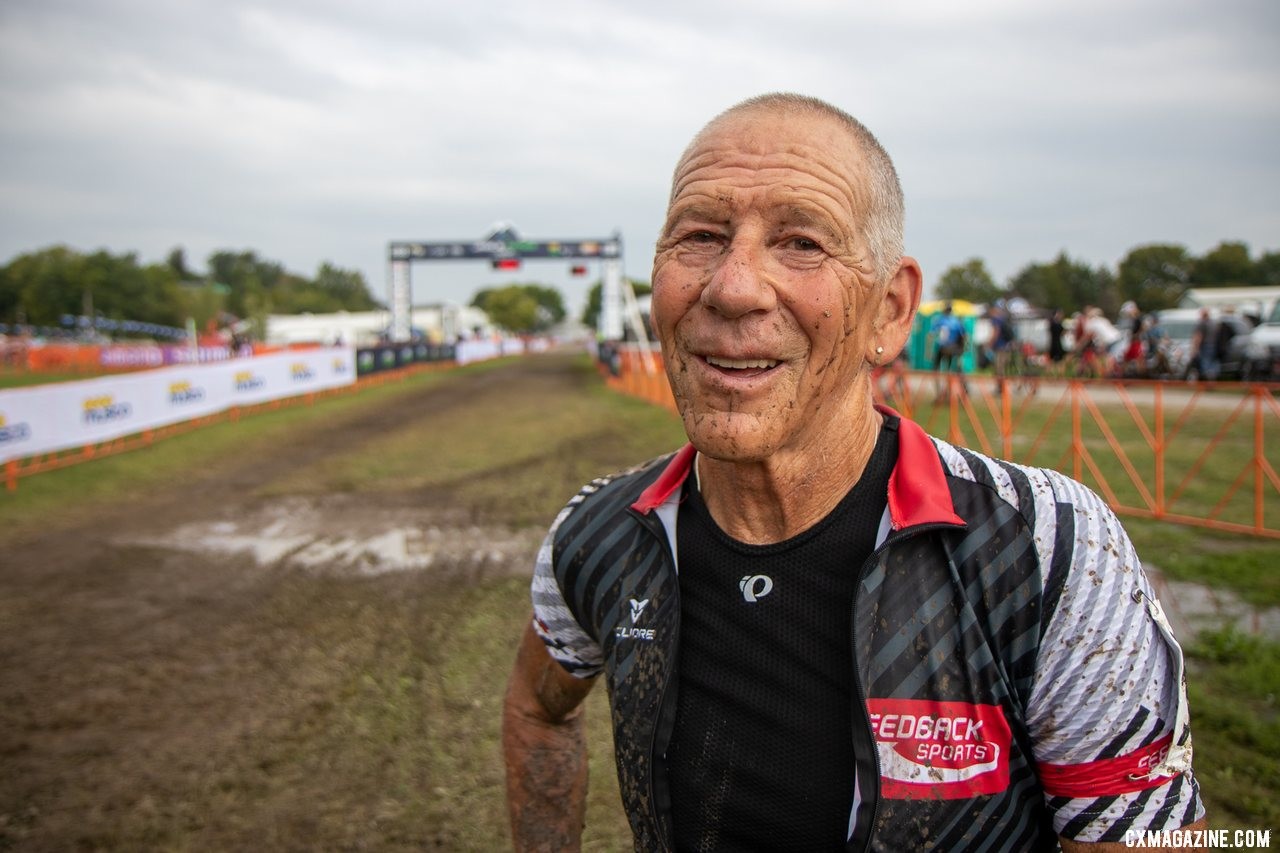
The lack of racing hasn’t stopped Lee Waldman from training. photo: after his 2019 Jingle Cross race. © A. Yee / Cyclocross Magazine
I’m not sure whether it’s my age, or simply my mentality, but it hasn’t been that difficult for me to make the transition from training to race, to simply training. The physical challenge of pushing my limits has been, and remains, a challenge that I’ve always been comfortable setting for myself. Even facing this lack of formal “racing” I still find enough ways to compete that I don’t feel that I’ve completely been forced to give up that part of cycling. I regularly train with a partner who is more powerful and has better technique than I do. So, my “racing” now consists of challenging myself to stay on his wheel through the power and technical sections of the cyclocross course we’ve built.
We now live in a world in which we can’t be certain if or when we’ll start racing cyclocross again. As I’ve already written, it’s now incumbent upon us to create our own personal motivation and to redefine competition for ourselves. At least that will be the case in the foreseeable future. I’ve written in the past about the importance of purpose and focus. I believe we also need to consider how we look at our riding and ourselves. It’s about having a sense of humor, learning from mistakes and seeking the joy in each and every ride. In these challenging days, I believe that those are important, maybe even the most important reasons for riding.
The world is a stressful place. Riding a bike always has been, for me, a way to decompress and leave everyday stresses behind. It’s even more critical now that I’m able to do that because all of life seems so full of stress. Between the stress of the election, and the Covid pandemic spiraling out of control here in Colorado, the need to ride is even more urgent. It’s not just a want, it’s truly a need.
Politics and medicine have a way of putting other problems in perspective. Part of my solution has been to also learn how to laugh at myself. After all, is it really that important if I don’t nail that section, or ride off into the weeds because I carried too much speed into that turn? Or is it more important to pick myself up off the ground after misjudging how loose the dirt was on that last turn and remind myself that it’s ok to look silly. After all, it’s just a bike! It’s not my health nor is it the future of our democracy on the line when I roll out the door for a ride.
I shared this musing with him as well: A couple of weeks ago I was having one of those rides that turned into a pity party of sorts because I’m not racing. I realized that I needed a reward for the “pain and suffering”. It only took 30 seconds to come up with an idea. For years I’ve had a bucket list of races outside of Colorado that I’d love to do. I’ve done Jingle Cross and that was at the top of the list. I added Charm City, Ruts and Guts, at least one of the Cycle Smart series, then Masters Worlds and I had my list. I shared it, and my reasons with my wife when I got home and she agreed. Now I had something to look forward to. It made an incredible difference in my outlook.
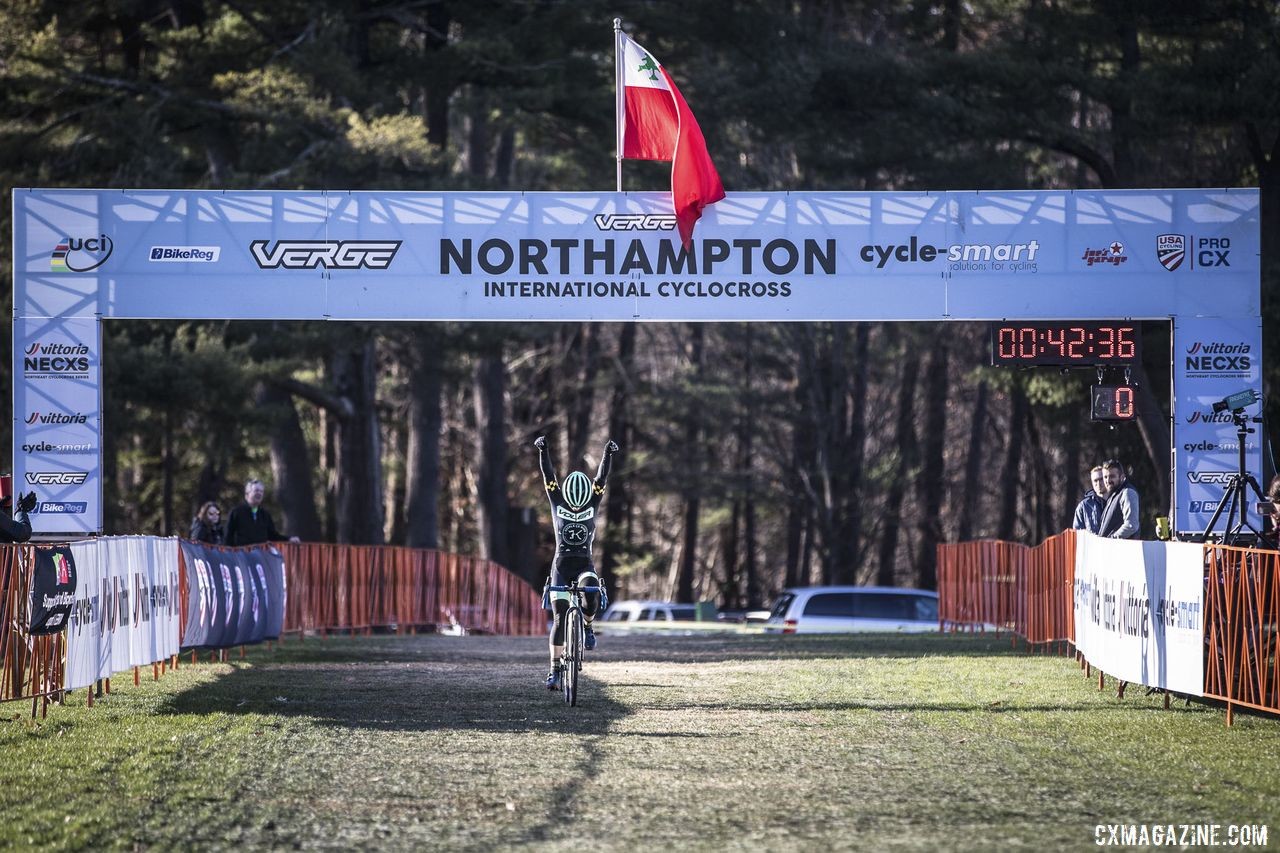
Waldman is looking forward to racing at the Cycle-Smart NoHo race one day. photo: Caroline Nolan celebrates her NoHo Day 1 win. 2019 Northampton International Day 1. © Angelica Dixon
So what exactly is the thought process that’s helped me traverse this challenging issue of, “do I race or don’t I”? Because, to be perfectly honest, it’s something that just refuses to give up its tenacious hold on me. Perhaps struggling with this as well. I finally had to seek the help of a therapist who works primarily with athletes. This was after I thought that I’d finally come to peace with my decision. As all good therapists do, she listened and then asked questions. The details, I don’t remember. What I did take away though, was the “suggestion” that what might be good for me, isn’t necessarily what’s good for the other guy. Their needs and motivations leading them to race are theirs and theirs alone. That decision is not up to me, nor should it have any impact on mine. I think that I’d been struggling with the same problem that I’ve faced for years, self-doubt. If I don’t race, am I still a committed athlete? If I don’t race, will everyone else gain an edge that I might never be able to regain? How will they look at me and my decision? Will they look down their noses at me? These were the biggest questions. Over the course of an hour, she helped me unpack them and look at them from an intellectual, rather than an emotional perspective. Did it solve everything? Nope. But, that hour definitely helped me to reach an even more settled place regarding my decision to skip this season.
The last question that she asked me, and one of the most powerful, was when she asked me to reflect back on my successes as a rider and promoter. Without blowing my own horn, as I thought, I realized that I’ve been able to make a pretty substantial contribution to the racing community here in Colorado as a promoter. I’ve put on a Wednesday night cyclocross series for almost 15 years which has grown from 100 riders a night to over 225! There is any number of people who plan the early part of their season around my Back to Basics series. One of the things that I’m the proudest of is that I’m seen as a model of how to age gracefully and competitively as a racer. Even at 70, I can still place in the top 10 in the 60+ races and believe me, in Colorado there are some wickedly fast 60+ riders. As I went through my accomplishments it became clearer that no, I don’t have anything to prove when I finally can stop trying to prove my worth to myself. That was an eye-opener!
Our gut responses can be helpful, or harmful. I’d been listening to my gut, struggling to ignore the message. After my session, it was a bit easier to listen to that part of my gut message clearly telling me what the right decision, for me, was. And I’m still not racing.
I am looking forward to next season already. I ride my cyclocross bike daily. Sometimes on the road, sometimes on the singletrack, a lot on my local ’cross course. As I do, I visualize filling that bucket list next season. I go home feeling as full as if I’d raced. My hope for you is that this piece has helped those of you who are still struggling.
Thanks for reading. Now, as usual, go for a bike ride.

